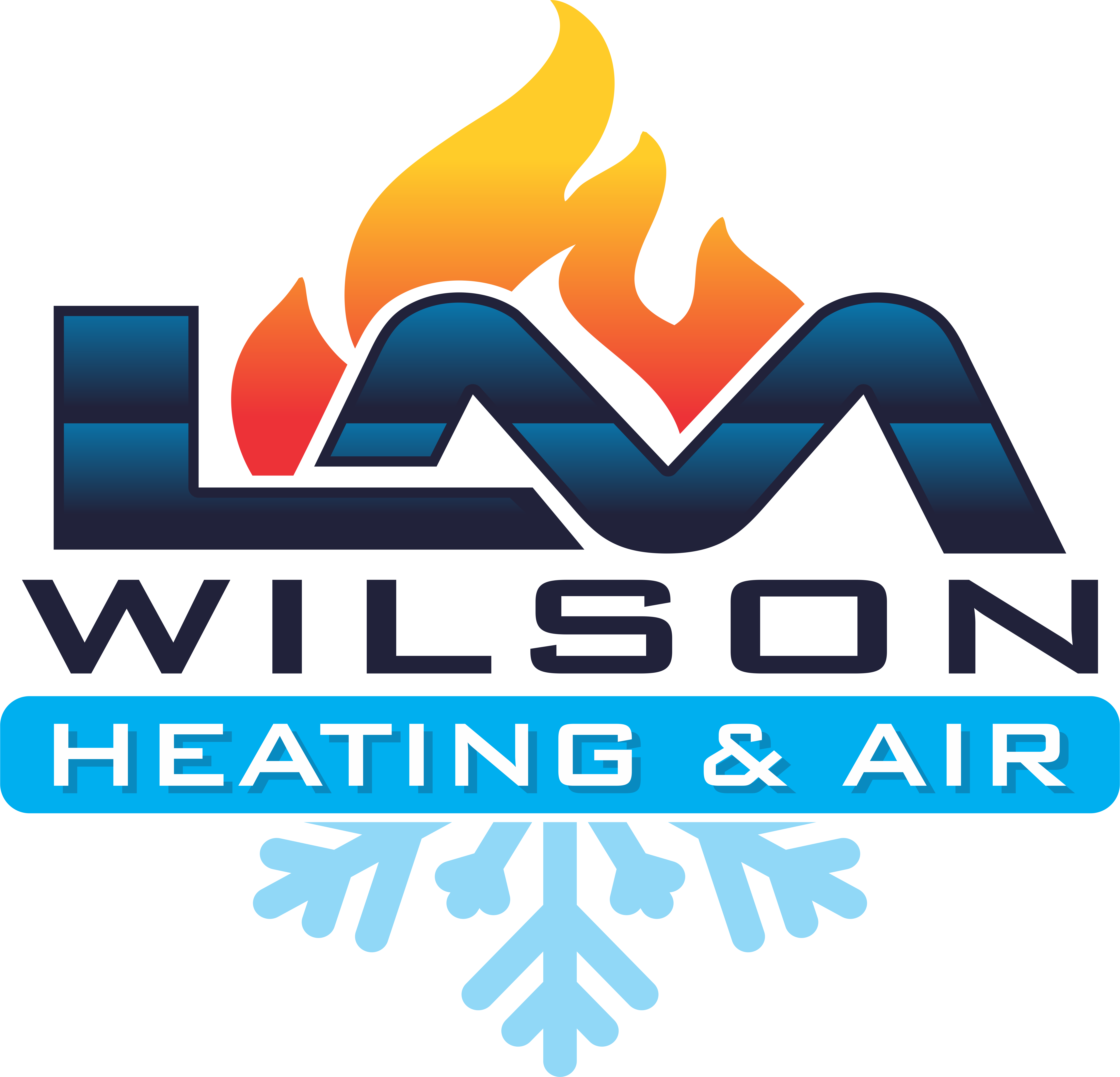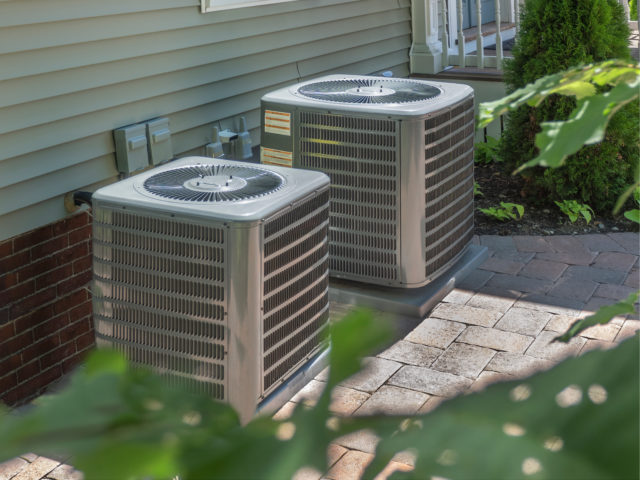Zoned HVAC Repairs, Tune-Ups, and Installations
A zoned HVAC system is a sophisticated heating and cooling solution designed to provide individualized temperature control to different areas or “zones” within a home or building. Unlike traditional HVAC systems that treat the entire space as a single unit, zoned systems divide the area into separate zones, each with its thermostat and independent control.
Zoned HVAC systems consist of several key components, including zone dampers, thermostats, and a control panel. Zone dampers are motorized devices installed within the ductwork, controlling airflow to specific zones based on signals from the respective thermostats. Each zone has its thermostat, allowing occupants to set and regulate temperatures according to their preferences. The control panel serves as the central command center, coordinating the operation of zone dampers and the HVAC equipment.
These systems offer numerous benefits, including customized comfort, energy efficiency, improved indoor air quality, and reduced wear and tear on HVAC equipment. By heating or cooling only the zones that require it, zoned systems help minimize energy waste and can lead to potential energy savings over time.
Request Service Today
Zoned HVAC System FAQs
What is a zoned HVAC system?
A zoned HVAC system is a heating, ventilation, and air conditioning system that divides a home or building into separate zones, each with its thermostat and independent control. This allows for customized temperature regulation in different areas. For more information on zoned HVAC systems, check out our blog post here.
How does a zoned HVAC system work?
Zoned systems use zone dampers and individual thermostats to control the airflow and temperature in specific zones. The dampers open or close based on signals from the thermostats, allowing for precise temperature control in different areas.
What are the benefits of a zoned HVAC system?
Benefits include customized comfort, energy efficiency, improved indoor air quality, and reduced wear and tear on HVAC equipment. Zoned systems optimize heating and cooling based on specific needs in different zones, potentially leading to energy savings.
Is a zoned HVAC system more energy-efficient than traditional systems?
Yes, zoned HVAC systems are generally more energy-efficient because they only heat or cool the zones that require it, minimizing energy waste compared to traditional systems that treat the entire space as a single unit.
Can I retrofit my existing HVAC system to a zoned system?
In many cases, existing HVAC systems can be retrofitted with zoned capabilities. However, it’s crucial to consult with a professional HVAC technician to assess the feasibility and requirements for your specific system.
What types of homes benefit most from zoned HVAC systems?
Homes with multiple levels, large square footage, or distinct usage patterns benefit most from zoned HVAC systems. These systems are particularly advantageous in homes with varying temperature preferences in different areas.
Are zoned HVAC systems suitable for older homes?
Yes, zoned HVAC systems can be adapted for older homes. However, it’s essential to consider the existing ductwork and the overall layout of the home. Professional consultation can determine the feasibility of installing a zoned system in older properties.
Do zoned HVAC systems require special maintenance?
Zoned systems may require routine maintenance to ensure optimal performance. Regular checks on zone dampers, thermostats, and the control panel, along with standard HVAC system maintenance, can help keep the system running smoothly.
Are zoned HVAC systems cost-effective in the long run?
While the initial investment in a zoned HVAC system may be higher, the potential energy savings and increased comfort over time can make them cost-effective in the long run. Professional consultation can help assess the overall financial benefits for your specific situation.


